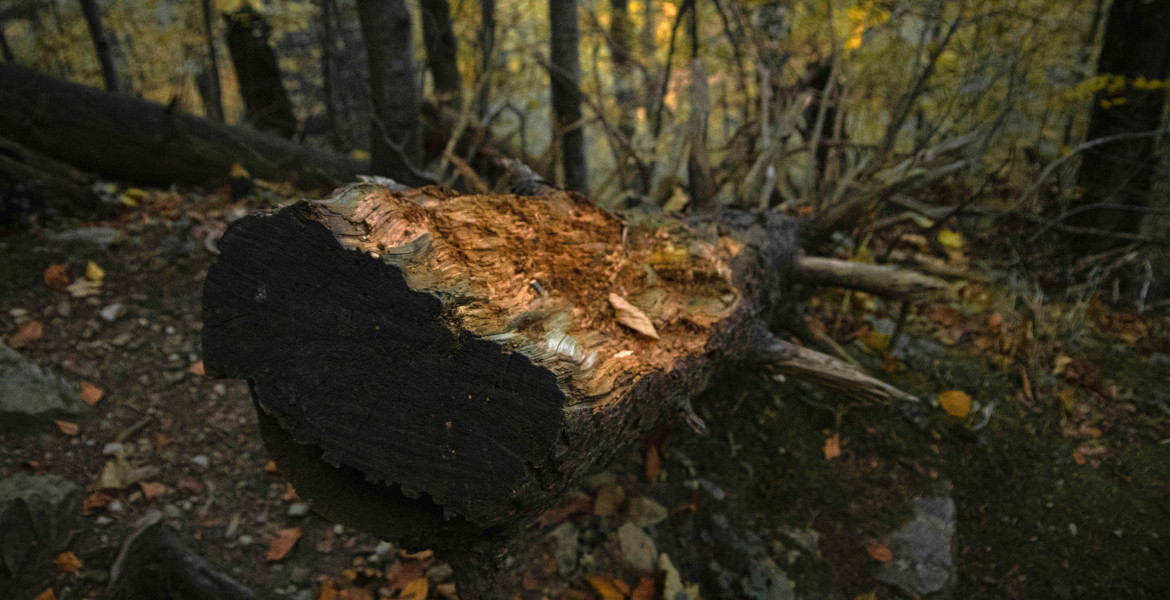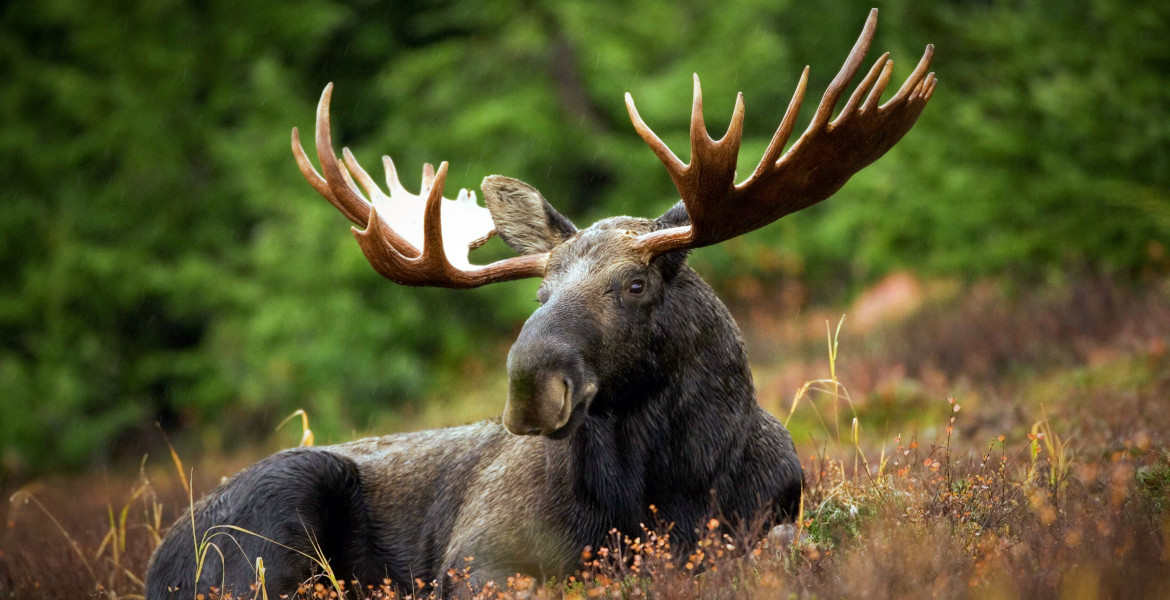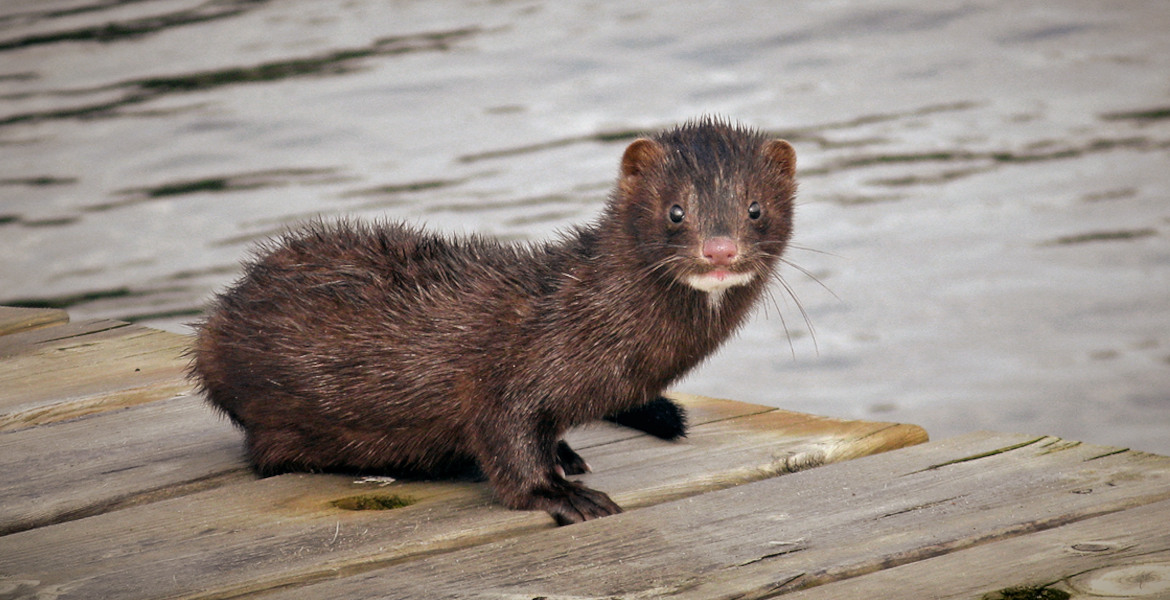A deep-sea expedition in the Pacific has discovered a number of new species. They include a pink “sea pig” and a species thought to be up to 15,000 years old.
A 45-day research expedition in the eastern Pacific, in the so-called Clarion Clipperton Zone between Mexico and Hawaii, ended in March. Thomas Dahlgren, a researcher in marine ecology at the University of Gothenburg and the research institute NORCE, participated on the British research vessel James Cook.
The areas surveyed were between 3,500 and 5,500 meters deep, a place that makes up more than half of the Earth’s surface, but about which very little is currently known.
– These areas are the least explored on Earth. It is estimated that only one in ten animal species living here has been described by science, Dahlgren said in a press release.
Using a remotely operated vehicle, they photographed deep-sea life and took many samples. One new species discovered was a pink sea pig, a sea cucumber of the genus Amperima. It moves slowly along the seafloor in search of food and has growths on its feet that are used to bring food into its mouth.
Another sea cucumber, known as the “unicumber,” belongs to the Elpidiidae family and has a translucent body that allows the intestines to be seen through the body.
A cup-shaped glass sponge has also been found, an animal believed to have the longest lifespan of any creature on Earth, living up to 15,000 years.
Deep-sea mining
The goal of the expedition was to map the biodiversity of an area where deep-sea mining is planned. Deep-sea mining is planned in a number of countries, including Norway, which voted to allow it earlier this year. However, a number of studies have warned that seabed mining can disrupt ecosystems, as seen in Japan, where just two hours of cobalt mining led to a 56% decline in the fish population.
– We need to know more about wildlife in order to protect it. 30% of the marine area in question is protected, and we need to know if this is enough to ensure that the species living here are not threatened with extinction, says Dahlgren.








